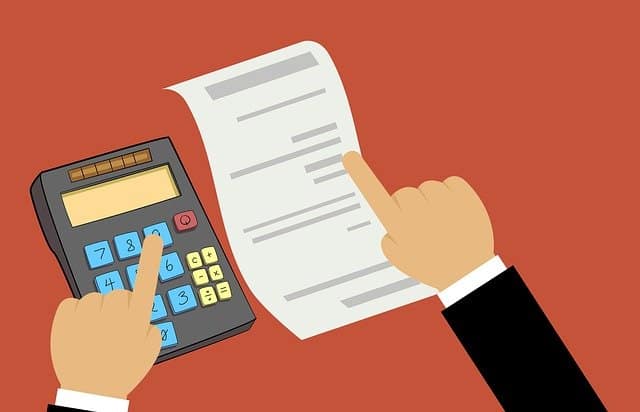Tax planning involves businesses analyzing their financial situation to reduce the taxes they pay each year. It’s also a strategy for optimizing tax exemptions and rebates. This process saves business owners money and helps them understand their expenses better.
An efficient tax plan enables a business to pay the lowest tax possible and legitimately access benefits provided under tax laws. Companies that can reduce taxes can develop a greater capacity to succeed and contribute to retirement plans. This is because the returns from the tax plans can be invested in other profitable ventures.
As a business owner, you can work out your tax plans yourself or outsource to companies such as Lear & Pannepacker. However you choose to do it, you should know that tax planning is an integral part of your financial plan, so you need a strategy. Below are six strategies that will help you in your tax planning efforts:
- Keep Key Financial Documents
There are key financial documents all businesses need. They include profit and loss statements, balance sheets, cash-flow statements, tax returns, and aging reports. These documents give critical insight into the state of the business and need to be well-prepared and recorded.
Moreover, these documents help a business drive growth. They’re also necessary during tax planning. You should ensure you reconcile these documents every month. By maintaining a good record-keeping system, you can adequately understand your business and use the feedback from these reports as the basis for your tax planning strategies and key business decisions.
- Consult Experts
The services of financial experts may be a reasonable consideration as they help give a professional perspective and approach to your tax planning. A certified public accountant (CPA) or tax advisor can help address your tax concerns, answer your pressing questions, and give you accurate information about tax processes.
Furthermore, access to expert advice exposes you to relevant information that will enable you to make sound decisions. You can meet with your tax experts on a quarterly or yearly basis to discuss the right tax planning strategies for your business. If you’re unsure which expert to consult, you can ask for recommendations and referrals from your fellow business owners. Also, you can check references for the most appropriate CPA for your business.
As a small business owner, you may not be able to keep up with every change in tax law. However, with tax consultants, you can maximize your revenue, mitigate tax liabilities, and make your business boom.
- Consider A Tax Status Change
There are several structuring options you can adopt as a small business owner. You can operate as a limited liability company, sole proprietor, or partnership. Whichever structure you choose influences your taxes.
Keep in mind that small businesses can outgrow their start-up structure. If your business does, you should consider adopting a structure that is more appropriate for your current level of growth.
- Maximize Tax Credits
Tax credits help you maximize your business revenue. You can get tax credits for reasons such as hiring employees. You can also get tax credits when you hire disabled employees and grant public access to your business. These credits allow you as a small business owner to take advantage of certain benefits provided under tax laws.
- Avoid Tax Filing Mistakes
There are common tax-filing errors you should avoid. After all, seemingly small mistakes such as failing to keep proper records and filing the receipts for your transactions can hamper your tax planning process. It would be best not to forget to make quarterly tax payments for your business. If you do, you’ll have to contend with tax issues later on.
It’s also best to ensure your business finances don’t mix with your personal finances. Thus, you should keep a separate account for your business revenue different from your income.
- Defer Or Accelerate Income
Most businesses perform their accounting process using cash accounting. Under this method, payments and expenses are noted in cash. Therefore, this method allows for cash deferring and acceleration.
In the case where you’re yet to receive payment for a particular job within the fiscal year, you can defer payment till the next year and lower your taxes in the current year. You can also defer income when your earnings exceed your usual limits, thereby increasing your tax bracket significantly.
On the other hand, you can accelerate income when you foresee tax rates increasing. You accelerate revenue by ensuring you receive payments from clients with outstanding payments.
Conclusion
Effective tax planning can save your business some money on taxes. However, beyond this advantage, tax planning offers many other benefits as discussed above. The recommended tax planning strategies can help you maximize the process and benefits of tax planning in 2022.
